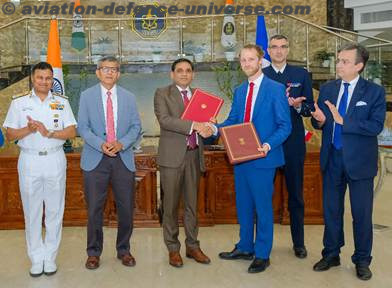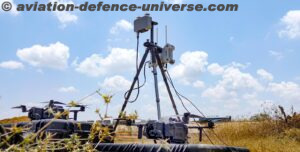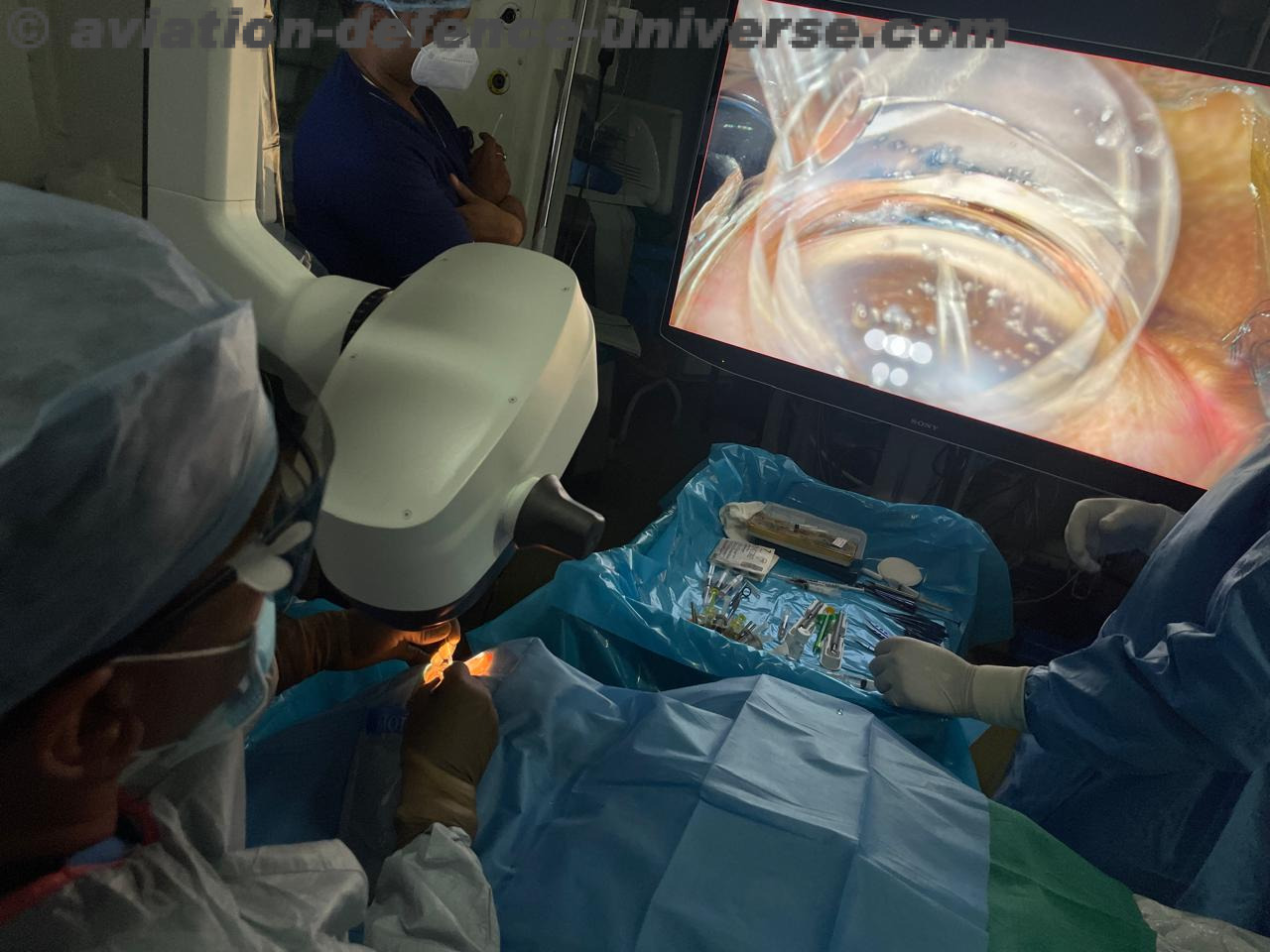Air Transport Action Group recognizes Honeywell Aerospace technologies for supporting the aviation industry’s goal of reducing CO2 emissions in half by 2050
Mumbai, October . Honeywell Aerospace’s SmartPath® Ground-Based Augmentation System and EGTS™ electric taxiing system technologies have been recognized by the Air Transport Action Group as solutions that can help support the aviation industry’s goal to reduce CO2 emissions from 2005 in half by 2050. The two technologies were included in the Aviation Climate Solutions report, a collection of 100 examples of how the aviation industry is collaborating to cut carbon dioxide emissions and help reduce its impact on climate change, released at the Global Sustainable Aviation Summit in Geneva, Switzerland.
“We are committed to helping the aviation industry reduce its effect on climate change and are continuing to develop innovative technologies that pave the way for cleaner air travel,” said Aileen M. McDowall, vice president, Air Transport and Regional, Europe, Middle East, Africa and India, Honeywell Aerospace. “EGTS electric taxiing system and SmartPath Ground-Based Augmentation System (GBAS) are two game-changing technologies that can help the industry reduce emissions and improve air traffic management.”
“The aviation industry has proactively taken a lead reducing the impact of climate change, putting in place a framework of goals to reduce emissions from air transport,” said Michael Gill, executive director of the Air Transport Action Group. “Through our case studies, it is evident how different parts of the industry globally, including Honeywell, are working together to support a greener environment.”
Honeywell’s SmartPath GBAS system augments GPS signals so they can be used for precision navigation in the approach and landing phases of flight. The flexibility provided by GBAS may produce a significant reduction of carbon emissions, increase airport capacity, decrease air traffic noise, reduce weather-related delays, and reduce operating costs for aircraft operators and air navigation service providers. The project is a component of the Federal Aviation Administration’s Next Generation Air Transportation System and changes today’s ground-based air navigation system to a much more efficient satellite-based navigation system that uses the same GPS technology used in cars today.
The Aviation Climate Solutions report was released at the Global Sustainable Aviation Summit in Geneva, Switzerland, to reaffirm the industry’s commitment to climate action, and calls on governments to support it with the development of a global market-based measure for aviation emissions, improved efficiency in air traffic management, and accelerating research for alternative fuels and new technology.
































































































































